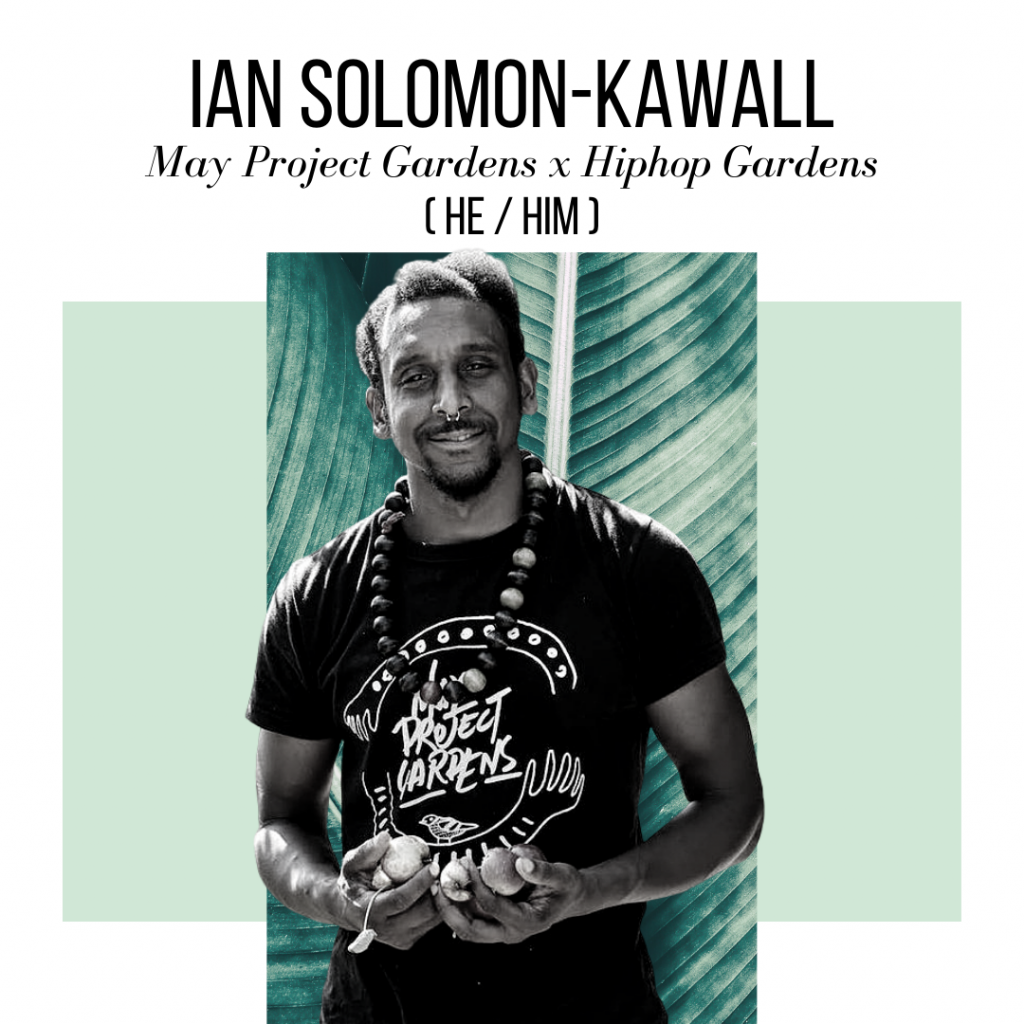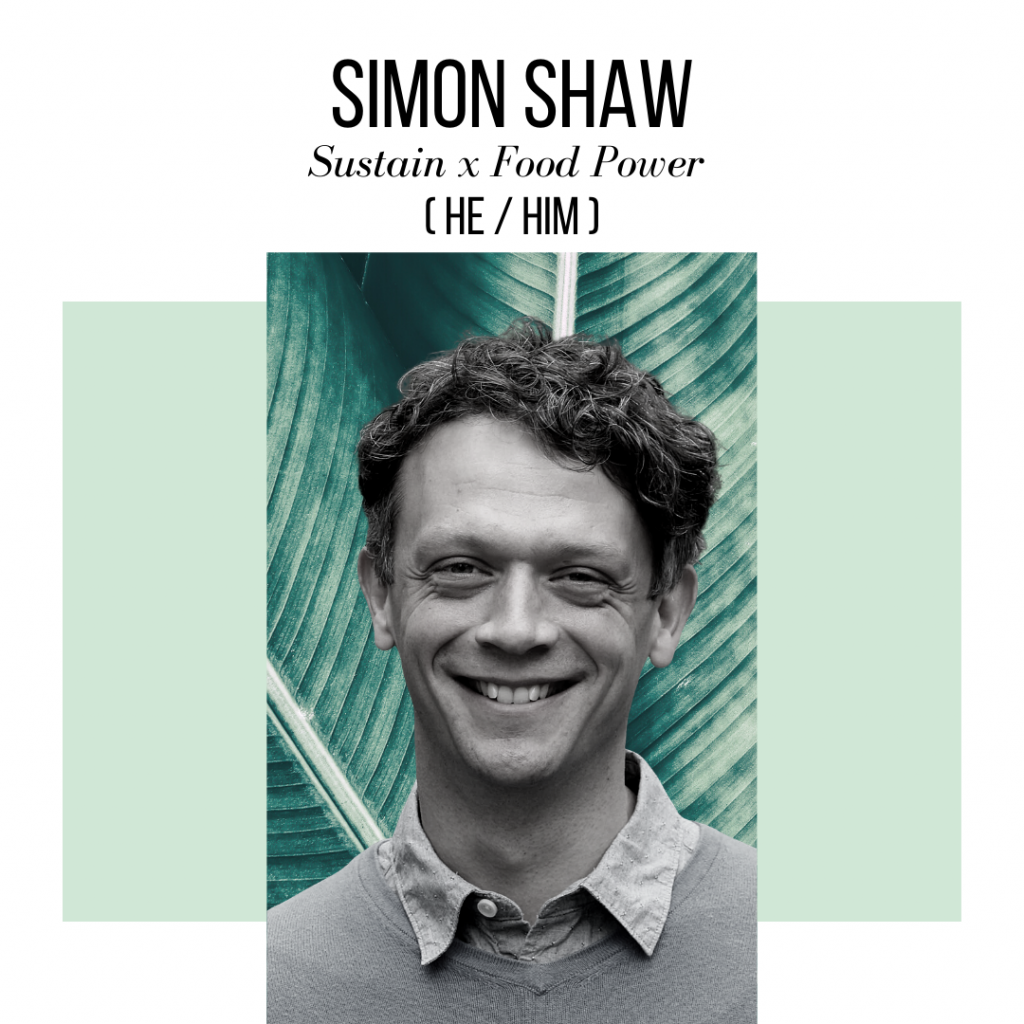In this episode, we gathered community leaders to discuss what the current crisis is teaching us about how much we rely on our communities, and what part can each of us play in ensuring a fair and just society is created.
Better is possible when the solutions to our biggest challenges are developed by the communities who face them.
Our communities are sources of ideas and action.
In the last few months, we’ve seen lots of inspiring examples of communities across the UK coming together to solve problems and support each other in a time of need. This is the real spirit of democracy. And we want to see it grow.
From designing local transport plans to deciding what kind of businesses a neighbourhood needs, local communities should be given the power and resources they need to respond to local issues, and to determine what their future looks like.
ABOUT OUR PANELISTS

Ian Solomon-Kawall (he/him) – May Project Gardens
Ian Solomon-Kawall founded May Project Gardens in 2007 with Randy Mayers. Together, they transformed the garden at his mum’s council house into the community garden, which is still the heart of MPG today.
Ian and his team at MPG now work with urban communities, to address poverty, disempowerment and access to resources and influence. He and his team help provide practical, affordable and collective solutions for people to live sustainably and disengage with power structures that don’t serve their interests.
LEARN MORE ABOUT MPG HERE

Nannette Youssef (she/her) – Green Councillor
Nannette is the International Officer for the Young Greens and the youngest and only POC GREEN councillor for Nelson Ward, Norwich, since 2019.
Much of her work in both roles has focussed on the systematic inequalities encountered by POC in the UK, which are being exacerbated once again by COVID- 19.
Nannette is also studying for her MSC in Public Policy at University College London, with a focus on British government and politics.

Simon Shaw (he/him) – Food Power
Simon works at Sustain: the alliance for better food and farming where he manages Food Power, a four-year programme supporting food poverty alliances to tackle food poverty in their areas. The programme focuses on highlighting and encouraging sustainable responses to food poverty, particularly where they address the root causes of food poverty.


